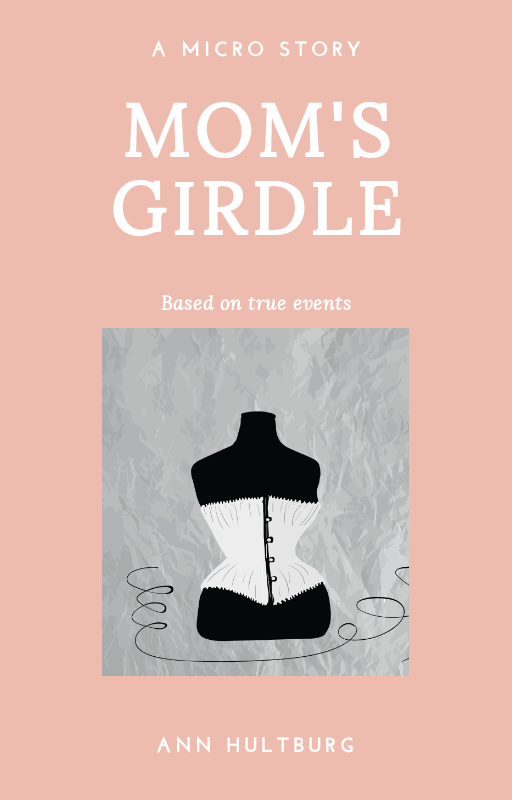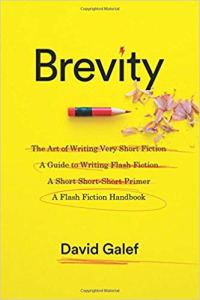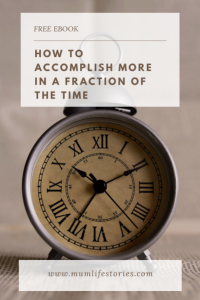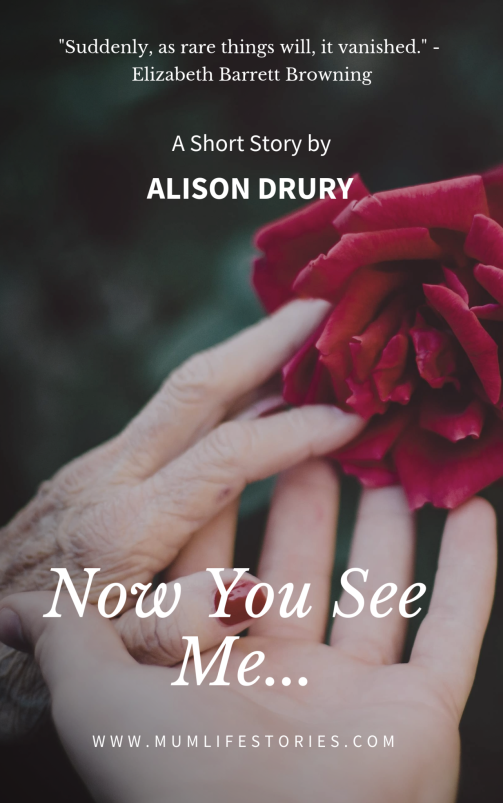
We’d like to thank Alison Drury of the UK for her short story submission entitled ‘Now You See Me…’. This story is based on true events and has been accepted for an anthology by the Open University Write Club, called ‘Generations ” target=”_blank” rel=”noopener”>Generations’, copies of the anthology are available on ebook or in paperback through Generations
” target=”_blank” rel=”noopener”>Generations’, copies of the anthology are available on ebook or in paperback through Generations ” target=”_blank” rel=”noopener”>Amazon.
” target=”_blank” rel=”noopener”>Amazon.
Alison is studying for a BA(Hons) degree in English Literature and Creative Writing with the Open University. She has lived in Kent’s Garden of England for more than forty years and knows that everything comes to those who want it badly enough. A daughter, Mother, professional plate-spinner and writer, she believes now is her time to dance.
Alison’s descriptive prose paints a relatable picture in this beautifully written, true-to-life story about the ravaging affects time can have on the mind of an ageing Mother.

Now You See Me…
‘Suddenly, as rare things will, it vanished.’
Elizabeth Barrett Browning
Outside, here in the garden, the fresh air has blown away the cobwebs and the sunshine has fused her neural wiring. Pulling up the roots, teasing apart the strangled knots, picking up the windfalls and turning over and over the soil that clouds the water. I stand there, at the top of the path, watching. She hasn’t seen me yet. I don’t want to jinx this moment where, in this one place, her world makes sense. She’s tiny now, with the tenacity and strength of a little sparrow.
I’ve seen her doing this same activity, in this same garden, year after year and I’m reminded of when we first came here. They say your earliest memories tend to be few and traumatic – you rarely remember the more numerous happier times.
So then, why is my earliest memory of me sitting on my Father’s knee in the lounge of our brand-new house? It was so new there wasn’t even carpet on the floor. The earthy sweet scent of his pipe tobacco lingers, like dried hay, blended with the fresh sawdust left by the builders and the wooden tea chests stacked in the corner of every room. This smell, and the noise. We were one of the first families to move in and the estate was still a building site. Between eight in the morning and four in the afternoon the thunderous hammering and drilling was unrelenting – for months. But after a while it was only noticeable by the intense silence once the workmen had left for the day; the eerie, un-echoing sound like when everything is muffled by a blanket of snow or water or ash.
Time distorts memory.
It was unusual he was home before my bedtime; work or sport generally kept him out till late. I hung on, to him and his words. I devoured his stories as we snuggled in the high-backed winged armchair in front of the electric fire. His bristly whiskers tickled my cheek and my skinny spaghetti legs, in their knee-length white socks, draped over his lap. That’s all I can remember. There are photographs, of course, of other times, but they’re not memories – they have no lingering aroma nor give out any tingling pops of electricity. Nobody shared that moment except him and me. I was four years old, and a few months later he was gone – my Mother was a widow at thirty-two.
It wasn’t until I was thirty-two, also with a child of four, when the grief brought me up short, like I was trapped momentarily in a turnstile on the London underground. I remember it vividly. I tried to imagine how that situation had been for my Mother. One of those things that can never be prepared for, like losing a limb or a sense. My Mother had been amazingly pragmatic; no histrionics, or wallowing in self-pity. She just quietly shut that door and walked through the next one, and the next one and the next – throughout various episodes of her life.
Her ‘episodes’ read like a soap opera and are equally numerous, funny and tragic. Over eighty-three years she has had her appendix out, a baby out, her womb out, wisdom teeth out, nose, wrist, bladder and bowel repaired, and now sports a titanium knee. She has lost an eye, two husbands, two dogs, two guinea pigs, three cats and a rabbit. She has swum for Sheffield, travelled the world, para-glided in Florida and, water-skied in Corfu. Even now she swims, drives and dances and the garden remains a constant where she still digs her potatoes. It has grown and flourished, changing with the seasons; the Wendy House is now a hot house for her tomatoes, the swing has been replaced with a Victoria Plum, and the exotics have been composted and replanted with root vegetables and raspberry canes. I think back to the time I first noticed the brick path becoming disjointed and furred over with moss, and the pond-life increasingly trapped in algae-infested stagnation. The bugs were sneaking in, burrowing and eating away the goodness, stealing her words: there was the gentleman friend who, ‘poor thing’, was in hospital having a ‘hysterectomy’; she excitedly told us how she had packed all the ‘furniture’ into her suitcase for the Retirement Group charabanc to North Wales. Her confusion at the drop in visiting birds – probably due to the fish food in the bird feeder – and her muddled days as she found nobody at the Doctor’s surgery on a Sunday.
We had time.

The tests called on her artistic skills but she was better at drawing water to feed the flowers, than five past five on a clock-face. She would curse at the bindweed, anchoring her peonies, but could only identify an anchor on the Doctor’s sheet as ‘that thing that stops a boat from floating away’. In another picture, she knew it was a musical instrument, miming how it should be played, like Lisa from The Simpsons. When asked, she thought it was Tuesday (‘or was it Thursday’), and recalled the Prime Minister’s name was David ‘something’ – he had the same name as her childhood sweetheart. The amber warnings of bleak times ahead led to sandbags and countermeasures at the ready. The boost from the medication was like the heater in the hot house or weed killer in the rain; the memories blossomed and the woolliness evaporated. The side-effects, however, were impatience and sheer bloody-mindedness. These would, of course, have been perfectly harmless if they’d helped in solving Sudoku, or deciphering the bus timetable. However, it’s a different story when they stimulate super powers to ascend into the loft to sort through the ‘keep list’, or climb out of the window to prune next door’s hedge, because the side gate was rusted shut.
It was early enough in the diagnosis that she understood the concept that things die eventually: branches fall from the old apple tree, and leaves become brittle and shatter. She accepted the fact that a certain amount of chemical fertiliser could help, but it couldn’t prevent the inevitable. She was driven to do anything that would enable her to remain in her house with her beloved garden; ‘the only place I can think straight because of my bloody brain.’
I quietly slip inside to put the kettle on and glance at the charging unit for her shiny new pendant blinking expectantly. I smile as I think back to the reason for inviting ‘Big Brother’ to be her chaperone; like the time she disappeared without leaving a ’flight plan’ having taken the scenic route across the fields to the church, the precariously rigged steps to facilitate the hedge-pruning incident when she could have been trapped in the passageway for days. This had been an exercise in patience; not for her, but for us. She had been more than willing to have it but couldn’t quite grasp that (a) she needed to wear it at-all-times, and (b) it needed to sit in its cradle occasionally to recharge the battery. Her trajectory of understanding is precariously heading for an escarpment but we are holding her hand every step of the way, encouraging her to seek new and easier paths through the increasingly befogged jungle. As I look around the house, our way-markers are everywhere; the sprinkling of pink and yellow Post-it Notes, like long-blooming perennials, written with instructions and diagrams on how to use the washing machine, how to switch from the radio to the record player, when to take her pills, and how to reinvigorate ‘Big Brother’.
We have time.
The house is clean and tidy and her slippers sit waiting to be exchanged on newspaper by the door. Her lunch is prepared on the side and her diary is full of appointments and social engagements.
I walk down the garden and surprise her with a cup of tea. We sit on the bench, her little legs swinging like a child’s in her red wellies, and admire the trench she has prepared for the potatoes.
‘I’ve been thinking Mum, if you want to go on the next trip, perhaps I’ll come with you.’
‘What trip pet?’
‘The next trip with your retirement group, the Turkey & Tinsel to the Isle of Wight in November.’
She wiped away the constant tear from her unseeing eye. ‘Oh darling, are you sure? That would be incurable, I’d love you to come.’ Leaning in conspiratorially, ‘Jane said she didn’t think I should sign up for it. I think I was an annoying whatsit in Wales and she got a bit stressed.’
‘I know, she told me.’
‘It wasn’t fair! My room was miles from anyone else’s and I kept getting lost. I couldn’t sleep, thought I’d miss breakfast.’
‘Shhhh! Also, you can’t just go wandering off without telling anyone.’
She flung her arms up in exasperation, spilling her tea, ‘I only went for a walk for heaven’s sake, I couldn’t bear being cooped up inside. And anyway, I couldn’t find anyone to tell.’
I stilled her hands and saved the tea, ‘Well, we can do our own thing, we can be rebels together, and they won’t have to worry.’
I want more time.
A mother-daughter relationship is like a cat’s cradle: the care threaded around our fingers, controlled by one, and then passed to the other in varying sequences. Like the convolvulus, strangling her herbaceous peonies, my Mother’s changing character needs liberating and befriending. Letting go of that other person is hard for both of us but, hands clasped, another door awaits and we step through it together.
~ Alison Drury

More stories
Click here to read more Mum Life Stories or see our submissions page if you have a story you would like to submit.
Claim your FREE ebook exclusive to our email subscribers here and keep up to date with our latest articles, stories, news and promotions (including writing and giveaway competitions).
Get your FREE Ebook
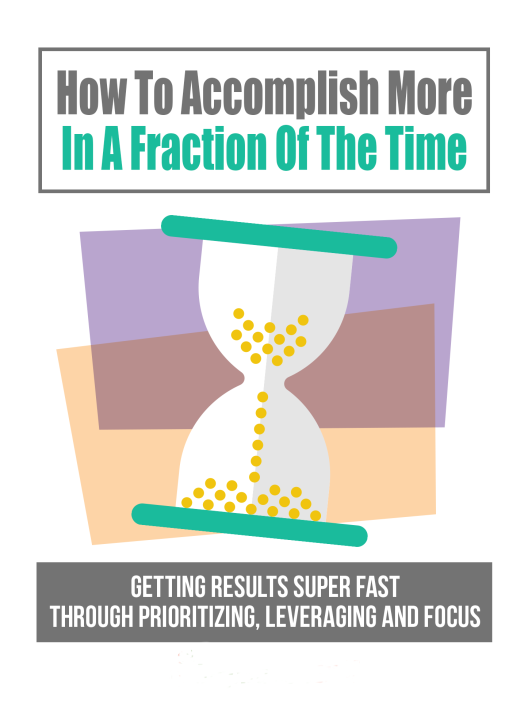
The pace and intensity of our lives, both at work and at home, leave many of us feeling like a person riding a frantically galloping horse. Our day-to-day incessant busyness — too much to do and not enough time.
With this ebook you will learn to approach your days in another way, reducing stress and getting results through prioritizing, leveraging and focus!

Like this:
Like Loading...



